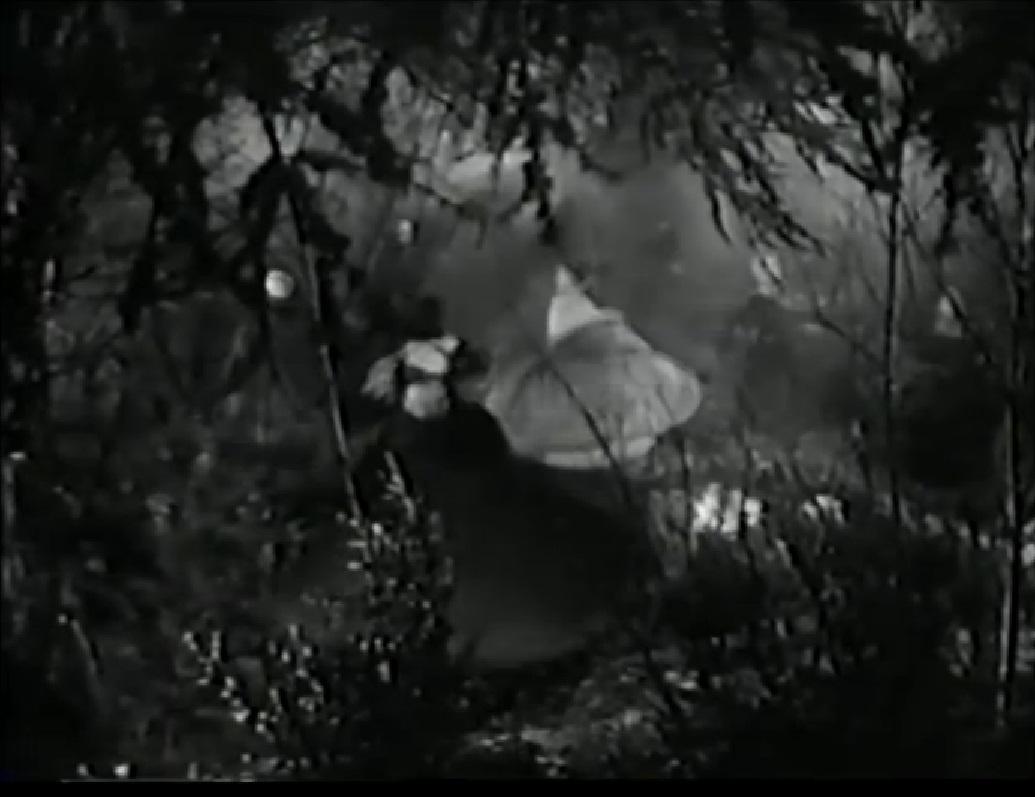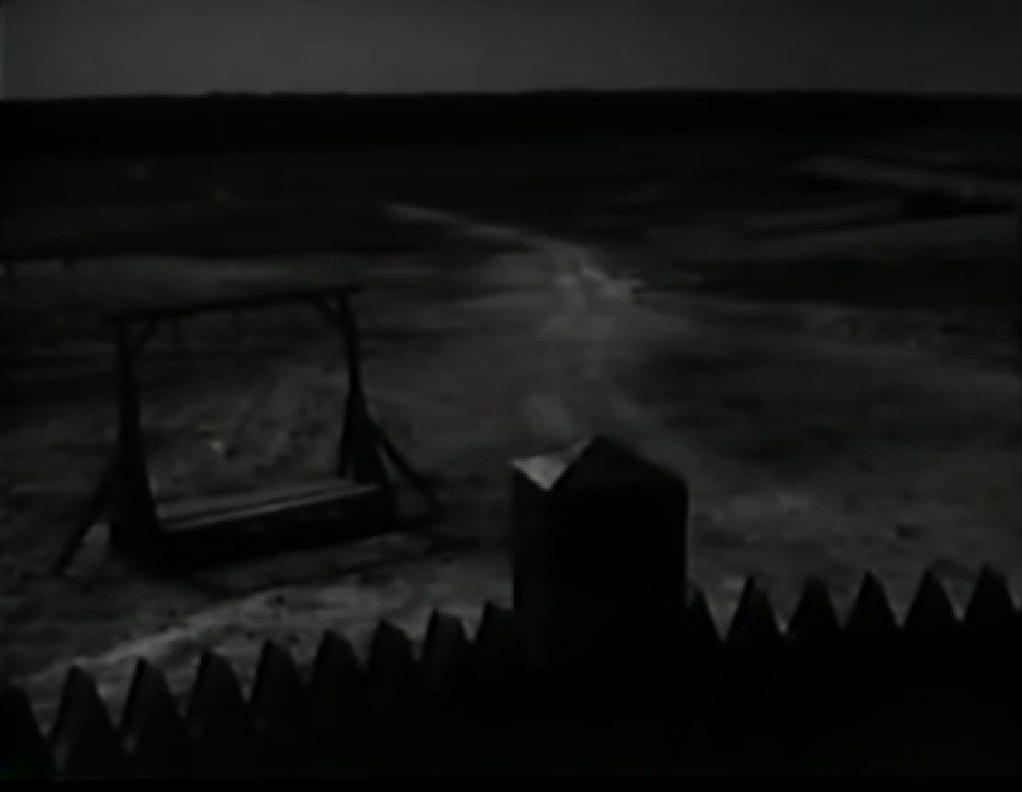The Crucible

Massachusetts,
“austere, intolerant and fanatic.”
Sartre on Miller,
Pelion on Ossa to some.
An
affair of women, who boil toads and eat them, drink blood with gusto, in the
furtherance of their passion, or damn a man with indifference.
They are
ruthlessly suppressed, in the interest of the Colony.
The English
version of Les Sorcières
de Salem,
not dubbed but titled and subtitled.
Claude Renoir
cinematography, Georges Auric score, Georges Delerue conductor.
Russell’s The Devils is clearly foreseen.
“We are
God’s inquisitors.”
Bosley Crowther of the New
York Times awoke to its occasion, “a piercing penetration of all
intellectual night” (as Witches of
Salem). Leonard Maltin,
“successful”. Film4,
“rather ploddingly directed”. Halliwell’s Film Guide, “too
literal and slow-moving” (as The
Witches of Salem).
“The judges
are honest, John.”
“Would
honest men be taken in by hysterical children? This is a deliberate move to
reinforce the power of the church by terror.” A film that is a marvel,
the arrival of the Deputy Governor, played by the director, puts all the
foolishness in mortal terms above and beyond the conniving of village rogues in
office, a perfect picture of the witch trials and something more, Kafka’s
quotidian Judgement Day.
Fahrenheit 451 (dir. François
Truffaut) also is foreseen. “This
old fool has been boasting that his wife can read books.”
“It is no
crime to read.”
“It is, in
Salem... and now, if God has given you a brain, use it
to get me out of prison.” Sartre is well-armed for this, heir to the Hugo
of Notre-Dame de Paris.
“A ridiculous statement is no lie. If I confessed I was a witch,
what would you say?”
“I praise you, my God, for you have restored my courage.
Yesterday the evildoers were friendless and my power terrified me, now the
whole town is with them I know I have taken Thy way. I shall end their lives
without remorse as the people would end mine. I no longer fear to be their
judge, now I may hope to be a martyr for Thee.” Thus Danforth, lunatic, Deputy Governor.
An exception to the rule, confession meant death, same as silence or
denial, generally.
“Witches only exist in your imagination.”
